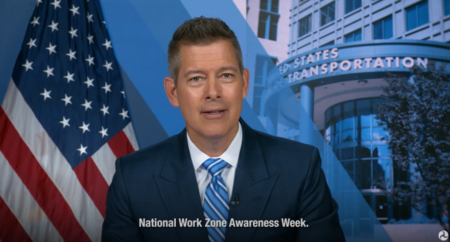As part of its long-term mission of improving safety on the USA’s road network, the US Department of Transportation’s (USDOT) Federal Motor Carrier Safety Administration (FMCSA) has announced a final rule that establishes a national drug and alcohol clearinghouse for commercial truck and bus drivers.
The clearinghouse database will serve as a central repository containing records of violations of FMCSA’s drug and alcohol testing program by commercial driver’s license (CDL) holders. Once the clearinghouse is established, motor carrier employers will be required to query the system for information concerning current or prospective employees who have unresolved violations of the federal drug and alcohol testing regulations that prohibit them from operating a commercial motor vehicle (CMV). It also requires employers and medical review officers to report drug and alcohol testing program violations. The drug and alcohol clearinghouse final rule annual net benefits are an estimated US$42m, with crash reductions resulting from annual and pre-employment queries by FMCSA-regulated motor carriers.
The final rule requires motor carriers, medical review officers, third-party administrators, and substance abuse professionals, to report information about drivers who:
Test positive for drugs or alcohol; Refuse drug and alcohol testing; Undergo the return-to-duty drug and alcohol rehabilitation process.
Additionally, motor carriers will be required to annually search the clearinghouse for current employees, and during the pre-employment process for prospective employees, to determine whether a driver violated drug or alcohol testing requirements with a different employer that would prohibit them from operating a CMV. Federal safety regulations require employers to conduct pre-employment drug testing, and random drug and alcohol testing. Motor carriers are prohibited from allowing employees to perform safety-sensitive functions, including operating a CMV, if the employee tests positive on a USDOT drug or alcohol test.
“An overwhelming majority of the nation’s freight travels by truck, and millions of passengers reach their destinations by bus, so creating a central, comprehensive, and searchable database of commercial motor vehicle drivers who violate federal drug and alcohol testing requirements has been a departmental priority,” said US Transportation Secretary, Anthony Foxx. “This system will be a new technological tool that will make our roads safer.”




